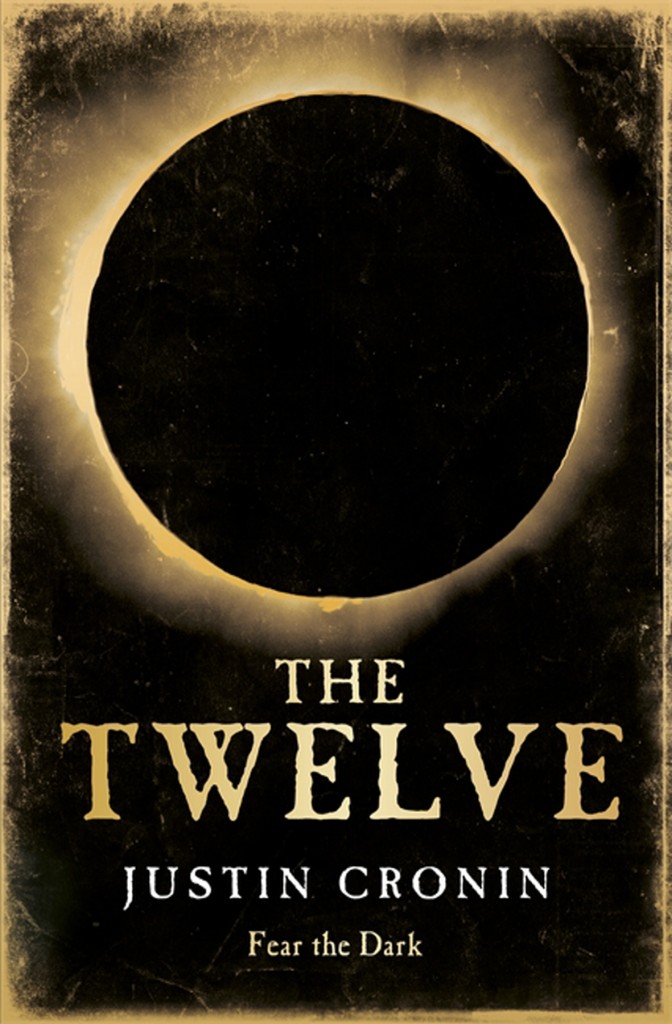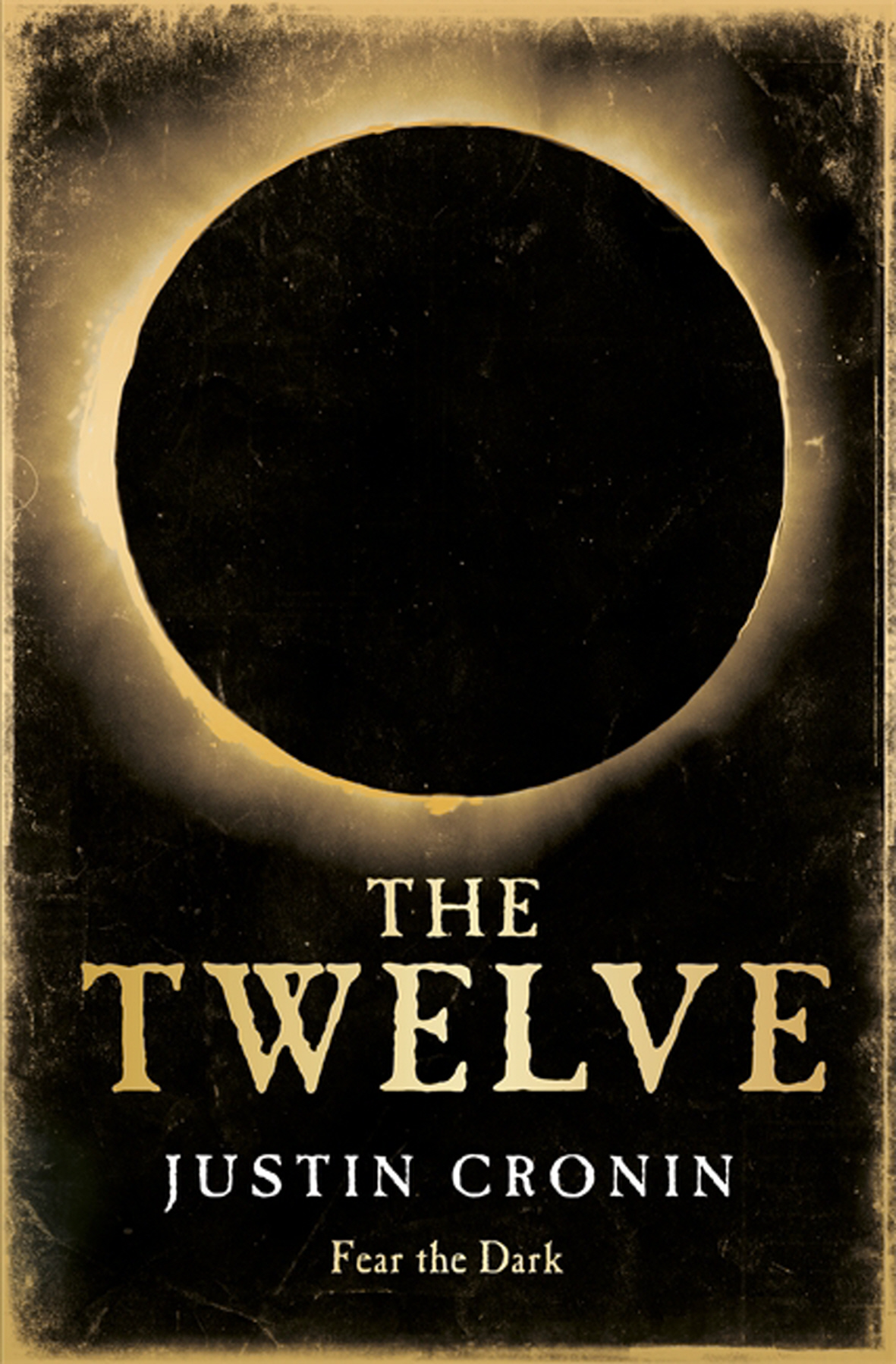
Justin Cronin doesn’t particularly fit the bill of your average blockbuster writer.
When he submitted The Passage, the first installment of his Passage trilogy, for publication, he was keen to submit his manuscript under a pseudonym, not anticipating its overwhelming success.
The two novels that Cronin had published previously had been well received but were part of a more minimalistic fictional genre. He was therefore not entirely sure what to anticipate in terms of reception for this novel, in light of how different it was from the rest of his work.
Having been published at the same time as the reputable Guillermo Del Torro’s The Strain and the 50th anniversary edition of McCarthy’s The Road, Cronin’s book started a trend, or rather renewed it. The appeal was there and Cronin’s post-apocalyptic, horror-like novel took the New York Times bestseller list by storm, maintaining its popularity for the better part of three months after its publication. In fact, Cronin was apparently offered millions in exchange for the movie rights to the trilogy, which got scooped up by the Ridley Scott Production team.
The Passage deals with the premise of a military experiment gone wrong. Having discovered a miraculously rejuvenating virus in the rainforest of Bolivia, the United States government covertly funds Project Noah in an attempt to isolate the benefits of the virus and overcome its lethal side effects. The government uses twelve death row inmates with no remaining ties to the world, whose disappearance would go unnoticed. Predictably, the virus is not as easy to modify as anticipated and turns the inmates into mutants with vampire-like characteristics.
Eventually, the inevitable happens and the twelve test subjects who were being held at the military base escape into the real world. Thus, the beginning of the apocalyptic pandemic leads us into the second part of the novel, where those who survived have regrouped together hundreds of years later to live in a community of barricades and constant protection.
Readers will most probably find that, even after having garnered every detail of the voluminous read that was The Passage, the beginning of The Twelve is slightly disorienting. Rather than focusing on the main characters of his previous novels, Cronin starts out by shifting his narrative time period, concentrating instead on a group of survivors in the wake of the more direct aftermath of the pandemic. This makes it hard to grasp, at the very beginning, who the recurring characters will be throughout the book. That being said, Cronin does an excellent job at expanding the precarious universe he had created in his first book, which, needless to say for avid trilogy readers, is a daunting task.
For what it’s worth, The Twelve does this trilogy justice; riveting and suspenseful, Cronin manages to keep us interested in the fairly mundane story of the survivors of this surreal apocalyptic plot. The quality that readers will probably most appreciate in this novel is that it gives us a lot of answers as an audience. Sub-plots that we just assumed would go unanswered in The Passage are revisited with interest and curiosity. Here, Cronin has grasped a universal truth: readers will always want to know as much as humanly possible about a universe that fascinates them. It’s part of the greater picture of a literary legacy.
Having strayed away from the minimalistic and traditional fiction style of his previous novels, Cronin has been labeled as a “sell-out” by more than one literary critic. Because his trilogy novels relate much better to trending literary genres, he’s considered to have taken the easy way out. Ultimately, what these same critics fail to notice is that Cronin didn’t just find his place in the world of science fiction, he helped redefine it.




